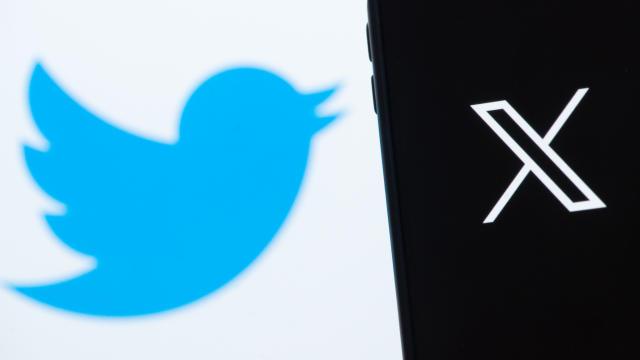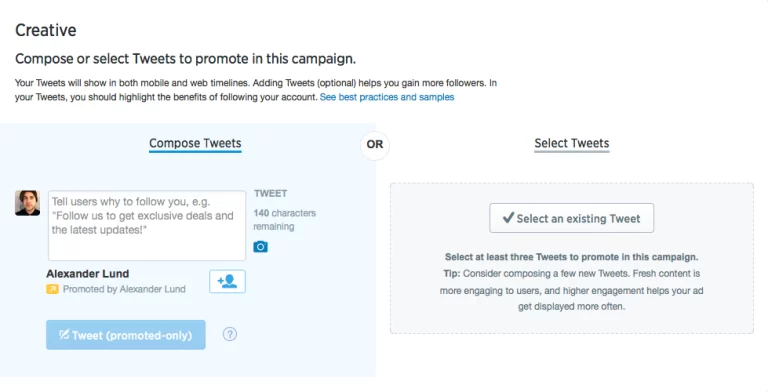Microblogging platform X, owned by billionaire Elon Musk’s X Complies With Government Order to suspend over 60 accounts for spreading misinformation and inciting communal violence. This swift action comes just months after Musk emphasized his strong belief in absolute free speech while criticizing censorship on social media platforms.
India is one of X’s key markets with over 24 million users. Experts note that Musk has balanced his free speech advocacy with compliance requirements to grow X locally.
“No social media platform has unlimited free speech. There are always exceptions for illegal or harmful content per local laws. X seems to recognize this regarding India due to the large user base and revenue potential,” said Dev Khare, Managing Partner at VC firm Lightspeed India Partners.
Potential Showdown Avoided
The suspended accounts were reportedly connected to protests against India’s amended citizenship law that critics say discriminates against Muslims. By acting quickly, X has avoided a showdown with Indian authorities who have previously banned apps unwilling to self-police content.
Local policy experts believe a flexible approach considering societal sensitivities is prudent for global social platforms. “Absolute free speech arguments don’t cut ice where historical fissures exist between communities. Global giants must adapt policies based on local context,” said Nitin Pai, Co-Founder of policy think tank Takshashila Institution.
Also Read – The men who made and unmade Twitter
Free Speech in Tension With Compliance
Musk had famously criticized Twitter’s content moderation policies as being politically biased and an impediment to free speech. Since acquiring X in October 2022, he has emphasized his libertarian leanings by loosening up restrictions and allowing suspended accounts back on the platform.
“X stands for freedom of speech across the planet,” Musk tweeted soon after taking over. This had stoked fears that hate speech would rise globally due to lax oversight.
Balancing Act
But this episode highlights X’s balancing act between Musk’s techno-libertarian instincts and the reality of varying speech laws across markets. Experts believe India’s strong regulatory environment for social media and X’s ambitious user growth target here have led it to moderate content proactively.

“For X to succeed locally, it must comply with the upcoming Digital India Act that will tighten social media accountability on polarizing issues,” said Nikhil Pahwa, Founder of media watchdog site MediaNama.
Global Implications
As the platform gains users worldwide, it will increasingly need to tailor content policies locally. This could undermine Musk’s vision of unrestricted, borderless public conversation if each country demands customized oversight.
“Reconciling Musk’s preferred light touch content approach with expanding globally having very different moderation norms will be challenging,” noted Ujjwal Singh, Professor of Political Science at the University of Delhi. “It remains to be seen if X can avoid future battles while still keeping Musk happy,” he added.
Also Read – Tips for managing Google My Business
“No social media platform has unlimited free speech. There are always exceptions for illegal or harmful content per local laws. X seems to recognize this regarding India due to the large user base and revenue potential.” – Dev Khare, Managing Partner at Lightspeed India Partners
“Absolute free speech arguments don’t cut ice where historical fissures exist between communities. Global giants must adapt policies based on local context.” – Nitin Pai, Co-Founder of Takshashila Institution
“X stands for freedom of speech across the planet.” – Elon Musk, Owner of X
“For X to succeed locally, it must comply with the upcoming Digital India Act that will tighten social media accountability on polarizing issues.” – Nikhil Pahwa, Founder of MediaNama
“Reconciling Musk’s preferred light touch content approach with expanding globally having very different moderation norms will be challenging.” – Ujjwal Singh, Professor of Political Science at the University of Delhi.







